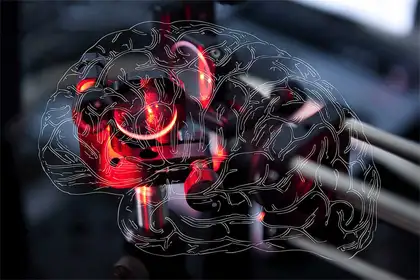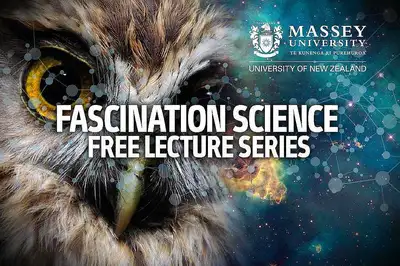
Can we teach lasers how to perform brain-inspired information processing? This is the question that is at the centre of the sixth instalment of a free lecture series held at Massey University’s Albany campus.
Professor Ingo Fischer of Spain’s Institute for Cross-Disciplinary Physics and Complex Systems, will talk as part of the Fascination Sciences lecturer series about the revolution going on in computing and what it may hold.
“For decades electronic computers, have dominated advances in computing,” Professor Fischer says. “Nevertheless, for certain tasks, including speech, image and pattern recognition, we humans still easily outperform computers. Moreover, physical limitations in transistor size and the power consumption of electronic computers call for alternative concepts and hardware.
“Among these new concepts, brain-inspired information processing is gaining more and more attention because it is offering fascinating new opportunities,” Professor Fischer says.
“What if we could create learning-based brain-inspired information processing concepts by using light? With a minimal design approach and components that are usually the backbone of our global communication networks, such as a simple semiconductor laser and some optical fibre), powerful computing can be achieved,” Professor Fischer says.

Lecture details
Can we teach lasers how to perform brain-inspired information processing?
Wednesday, June 14, 7.00-8.30pm, Sir Neil Waters Lecture Theatres, Massey University Auckland Campus, Albany.
For more information or to register to attend, go to http://massey.ac.nz/fascination-science